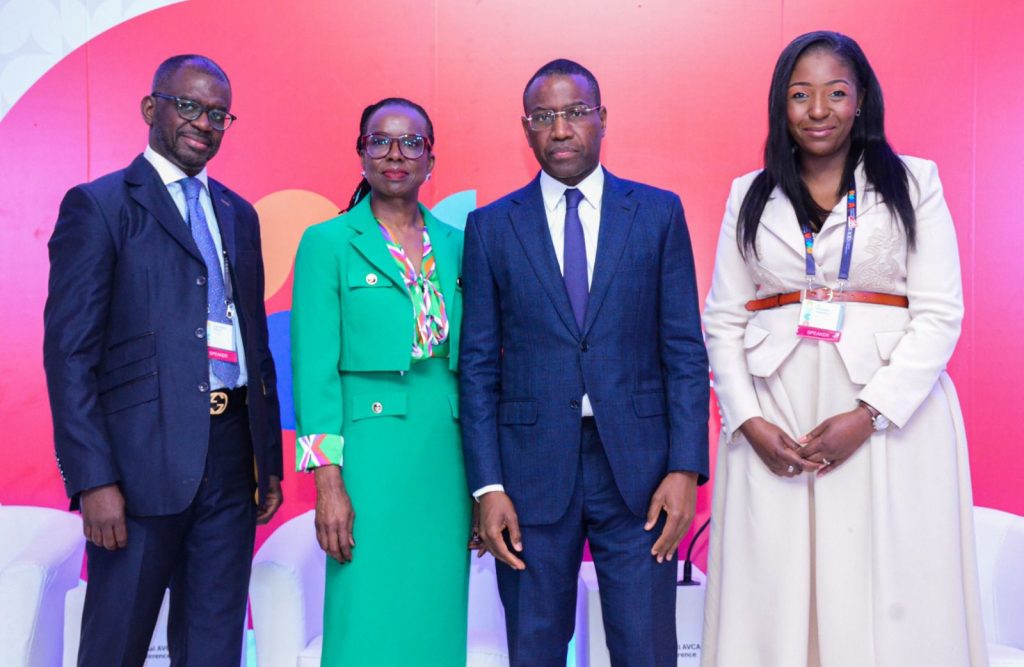We all have them. Those apps we open without thinking. Not because we need anything in particular, but because they feel… safe, in some…
AVCA conference: ‘Private capital in Africa at a crossroads’

World-class investors, business leaders, public figures and policymakers driving innovation through private investment opened the African Private Equity and Venture Capital Association’s (AVCA) conference yesterday.
The conference, hosted in a hybrid format, convened more than 500 private equity and venture capital practitioners in Dakar from all over the world. At the same time, international participants connected virtually to explore evolving themes, trends and market dynamics shaping Africa’s investment landscape – to chart the pace and scale at which the continent moves from resilience to resurgence.
H.E. Amadou Hott, minister of economy, planning, and international cooperation of Senegal, launched AVCA’s anticipated conference week with a keynote address expanding on the summit theme “Resurgence, Resilience and Results: Private Capital in Africa at a Crossroads.”
The minister commended AVCA for encouraging a maturing investment climate and emphasised the increasing role of the private sector in mobilising capital to finance resilience, place-based growth, and infrastructure projects such as ports or toll roads that strengthen economies as focal entry points facilitating trade, geographic expansion, and mobility across the region.
He continued, saying, “Our country is leading a robust recovery plan post-pandemic, prioritising economic resilience programmes across a broad range of promising sectors, such as food and agriculture, pharmaceuticals, and construction – as we fulfil ambitions to relaunch the tourism sector and secure long-term, sustainable, and inclusive growth.”
Reflecting on the association’s first global gathering since 2019 because of Covid-19 lockdown measures, Abi Mustapha-Maduakor, chief executive of AVCA, said: “We have had to individually and collectively reconsider how we work, how we connect, and how we create impact. Africa continues to break new ground in technology, financials, healthcare, and infrastructure; and investors remain positive about the promise of our wonderful continent.”
She added: “However, there is still more work to do – and that is why we are in Dakar this week, to take stock of an industry navigating extraordinary change and to set out a plan of action for the next twenty years of private capital in Africa.”
The conference progressed with a panel where speakers exchanged reflections on private capital in Africa, chronicling recent developments and challenges, such as foreign exchange volatility, complex regulatory environments and GP strategies that led to success across fundraising and deal-making during unprecedented times.
Panellists, including Clarisa De Franco, managing director and head of private equity funds at British International Investment, advocated for the need to stimulate participation from a broader set of institutional investors committing to African PE.
Tokunboh Ishmael, co-founder and managing director of Alitheia Capital, said that the future of private capital in Africa should include more African LPs. She expressed that domestic capital was mission-critical to ensure that home-grown players occupy a worthy share of voice and participate in the growth of Africa’s future economies.
Ishmael cited the increasing willingness of investors to explore new strategies to deliver impact, highlighting the prevalence of gender-lens strategies that underscore the private capital industry’s commitment to diversity in representation, decision-making and a propensity to build on traditional approaches to governance.
Ensuring significant returns
Insisting that committing to Africa is not at the expense of returns, Ziad Oueslati, co-founding partner and managing director at AfricInvest, expressed that the next phase of private investment in Africa should show the world that “many local GPs create value and succeed in Africa. The region is synonymous with positive impact, but at the same time significant returns are achieved.”
These perspectives were followed by a session spotlighting Francophone Africa as an emerging investment destination for deal and fundraising activity across a broad range of sectors in recent years. Panellists unpacked financial instruments and investment programmes driven by local fund managers to secure legacies of profit with purpose in the region.
In a panel session observing the opportunities arising within sustainable infrastructure in Africa, distinguished speakers catalysing Africa’s infrastructure investment ecosystem over the years included Olusola Lawson, co-managing director of African Infrastructure Investment Managers. They debated the urgency of innovative financing for supporting nascent markets through innovative capital partnerships that build more climate resilient, inclusive, and sustainable economies.
Tariye Gbadegesin, managing director and chief executive of ARM-Harith Infrastructure Investment Limited, commented, “We need to make the infrastructure equity asset class more attractive for investment.”
Although ESG in Africa has historically focussed on risk management and the protection of returns, she concluded by saying, “It is now a strategic position. Our investments must safeguard and improve our communities.”
READ MORE: 20 of Africa’s finest start-ups to pitch at AfricArena summit

